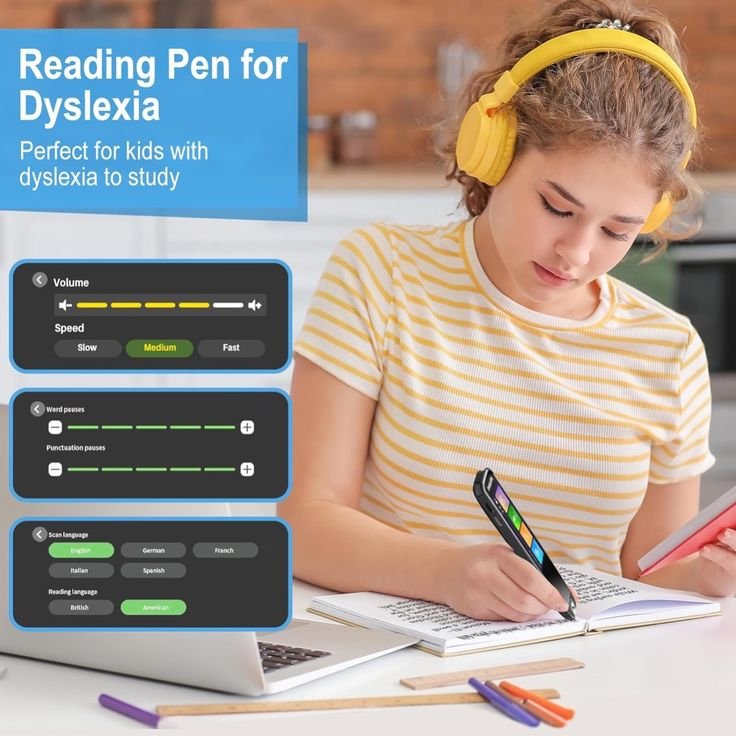
Edit Post
The concept of mind-reading pens that generate AI offers a futuristic vision where human thoughts are instantly translated into actionable outputs. These devices could revolutionize creativity, allowing writers and artists to see their ideas come to life without the intermediary step of manual creation. This seamless translation from thought to output could significantly enhance productivity and i... View more
The concept of mind-reading pens that generate AI offers a futuristic vision where human thoughts are instantly translated into actionable outputs. These devices could revolutionize creativity, allowing writers and artists to see their ideas come to life without the intermediary step of manual creation. This seamless translation from thought to output could significantly enhance productivity and innovation. Regarding accessibility, such pens could be transformative for individuals with disabilities, providing a new means of communication and expression that bypasses traditional physical limitations. For professionals, particularly in data-heavy fields like finance and research, mind-reading pens could streamline complex analysis, converting mental processes into comprehensive data sets and actionable insights in real-time. Education could see a shift towards hyper-personalization, with AI interpreting students' thoughts to adapt learning materials to their unique needs and pace. Mental health professionals might utilize these devices to understand their patients' unspoken thoughts better, potentially leading to breakthroughs in treatment approaches. Collaborative efforts across various sectors could become more dynamic as AI-generated outputs ensure all team members' ideas are captured and synthesized effectively. This technology promises to bridge communication gaps, enhance creativity, and offer personalized solutions, heralding a new era of human-AI interaction. View less
- 0 0
- 0 0
-

-
Ajith L Rajan
published solution: 11 months beforeBy 2040, mind-reading pens could significantly improve accessibility for people with disabilities by seamlessly translating thoughts into written text. These advanced devices will use brain-computer interfaces to understand and convert neural signals into words, allowing individuals with physical or speech impairments to communicate and write effortlessly. Such technology could provide a voice to those who struggle with traditional communication methods, enabling greater independence and participation in various aspects of life, from education to employment. This innovation promises a future where barriers to communication are minimized, fostering a more inclusive society.
0 1 0 0 1 0


